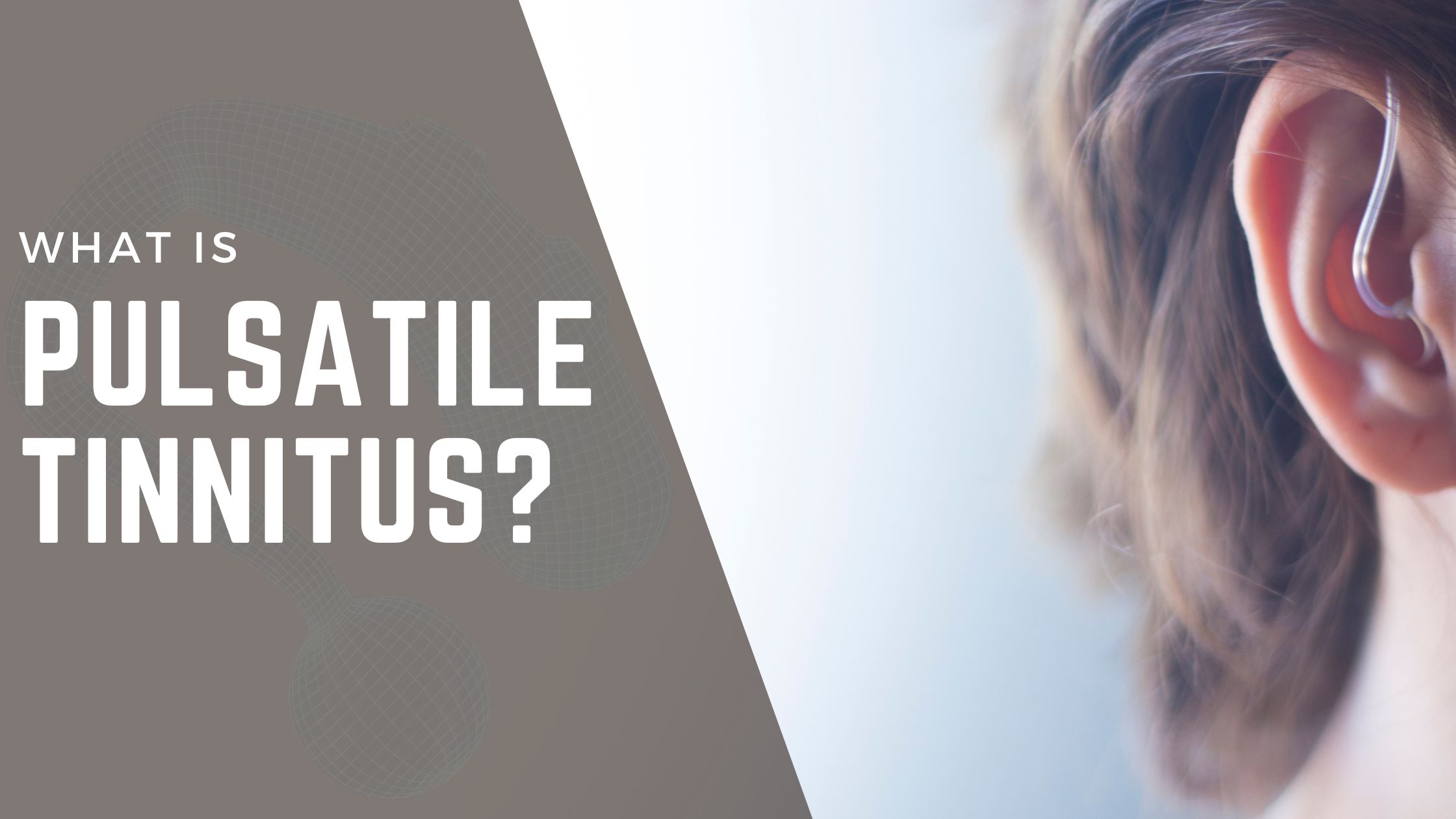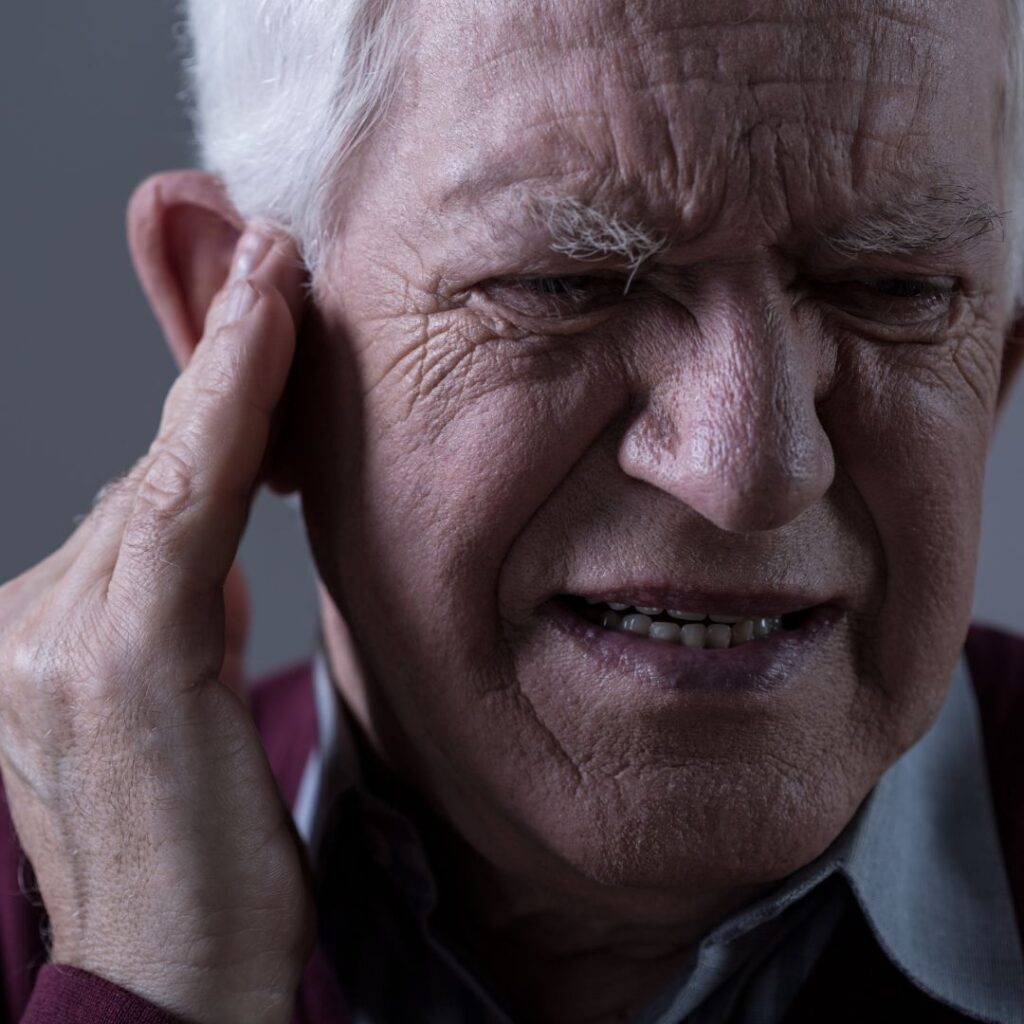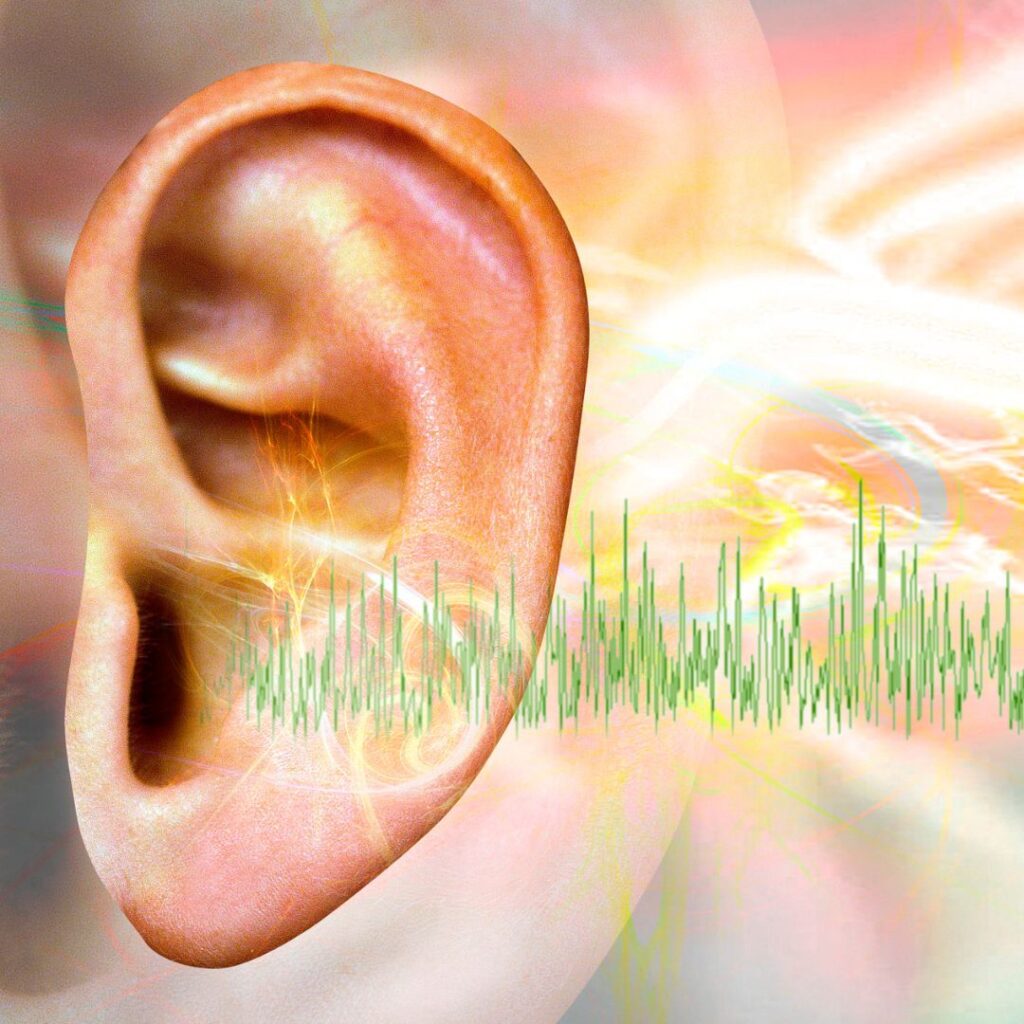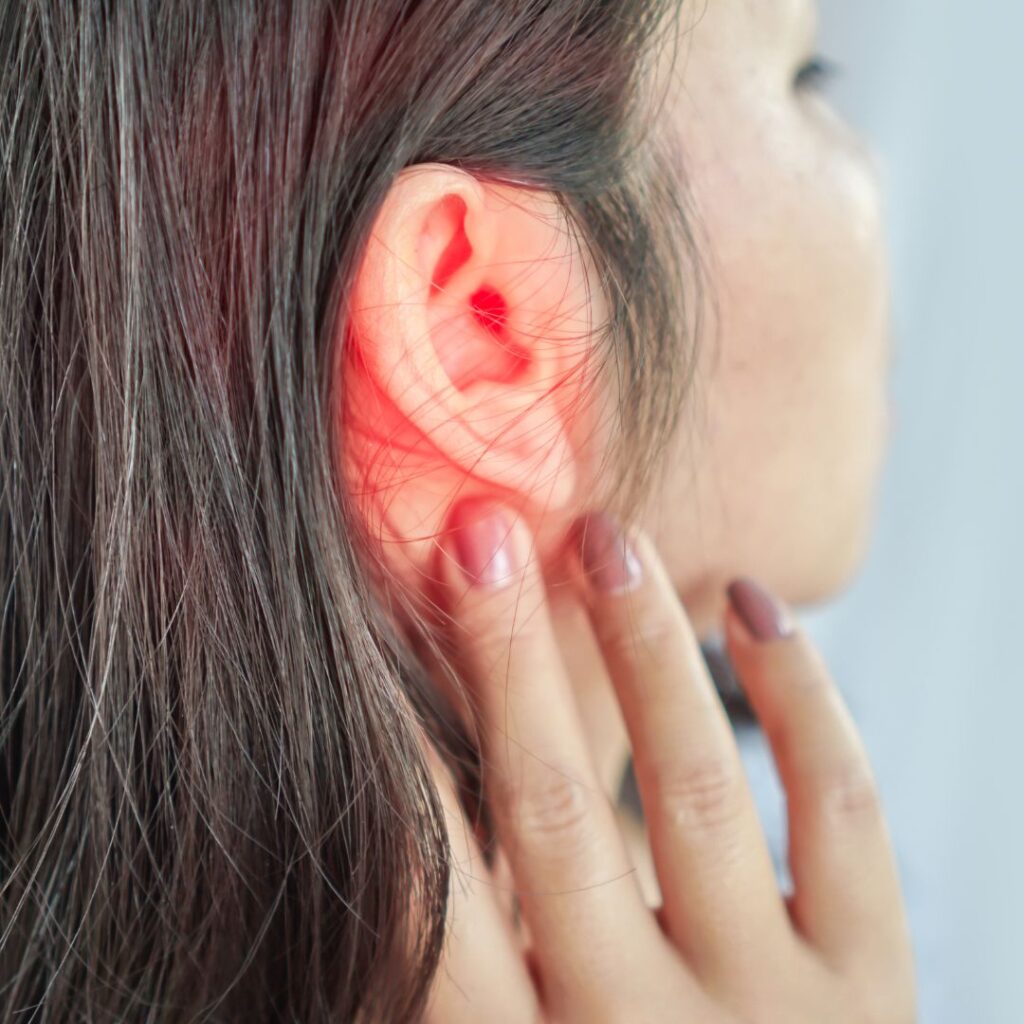

Introduction
When you felt that you could hear a faraway drum beat pounding in your ears, have you ever felt frightened by that sensation? If so, you could be familiar with a medical condition known as pulsatile tinnitus. The characteristic of this auditory phenomenon is the perception of rhythmic sounds in the head or ears, which are frequently in sync with the person’s heartbeat. We will investigate the complexities of pulsatile tinnitus, looking at its causes, signs, and possible therapies. For those who are affected, understanding this illness is essential because it can have a serious negative influence on their well-being and quality of life.

Why Hearing Aids Matter
The sensation of repetitive noises in the head or ears, frequently in time with the heartbeat, is the hallmark of pulsatile tinnitus. Different from the constant ringing or buzzing that is associated with classic tinnitus, pulsatile tinnitus usually manifests as a pulsating sensation that sounds like a whooshing sound or the rhythm of a heartbeat. Numerous underlying reasons, such as tumors close to the ear, anomalies in the middle or inner ear, or vascular problems affecting blood flow near the ear, can cause this syndrome. People who have pulsatile tinnitus may also report vertigo, hearing loss, or ear pain as ancillary symptoms.
Causes of Pulsatile Tinnitus
There are a number of underlying reasons for pulsatile tinnitus, which is characterized by rhythmic or pulsating sounds in the ears that match the heartbeat. Vascular problems, involving anomalies in blood arteries close to the ear or changes in blood flow, are a major cause of pulsatile tinnitus. Pulsatile tinnitus can be caused by a number of conditions, including high blood pressure, atherosclerosis, arteriovenous malformations (AVMs), or turbulent blood flow in the veins or arteries. This problem can also be exacerbated by middle ear abnormalities including Eustachian tube dysfunction or muscle spasms, as well as inner ear illnesses such Meniere’s disease or superior semicircular canal dehiscence.
Treatment Options
Determining the underlying reason is critical to determine treatment choices for pulsatile tinnitus. Surgery to correct vascular irregularities or blood pressure medication management may be advised in cases where pulsatile tinnitus is linked to vascular diseases. Treatments for middle or inner ear diseases that cause pulsatile tinnitus may involve drugs, operations, or therapy meant to get the ear back to normal. Surgery or other specialist therapies may be necessary for tumors located close to the ear. including stress reduction methods, pulsatile tinnitus sufferers feel better overall and reduce their symptoms.

Medications
Modern healthcare relies heavily on medications since they provide relief from a wide range of illnesses and diseases. Prescription pharmaceuticals and typical over-the-counter pain relievers are examples of medications that are intended to treat particular symptoms or underlying causes of sickness. They cover a wide range of pharmaceutical formulations, each customized to match the specific needs of a patient, such as tablets, capsules, injections, creams, and more. In addition to managing chronic illnesses and reducing pain and inflammation, medications can also lower blood pressure, control cholesterol, fight infections, and enhance general health and wellbeing. To maximize effectiveness and reduce potential adverse effects, it’s crucial to use drugs properly, adhering to recommended dosages and directions supplied by healthcare professionals.

Caring for Your Hearing Aids
By using outside noises to cover or lessen the perception of tinnitus and other auditory problems, sound therapy—also referred to as sound masking or white noise therapy—is a therapeutic strategy. In order to divert the brain’s attention from the tinnitus sounds, this therapy operates on the basis of creating a calming sound environment or background noise. Through the provision of a consistent and impartial background noise, sound therapy can assist those suffering from tinnitus in managing their symptoms, enhancing their focus, and encouraging relaxation and improved sleep.
Conclusion
Pulsatile tinnitus can be a distressing condition, impacting the quality of life for those affected. However, with proper diagnosis and management, many individuals can find relief from their symptoms. If you’re experiencing pulsatile tinnitus or any other form of tinnitus, it’s essential to consult with a healthcare professional for evaluation and personalized treatment recommendations.